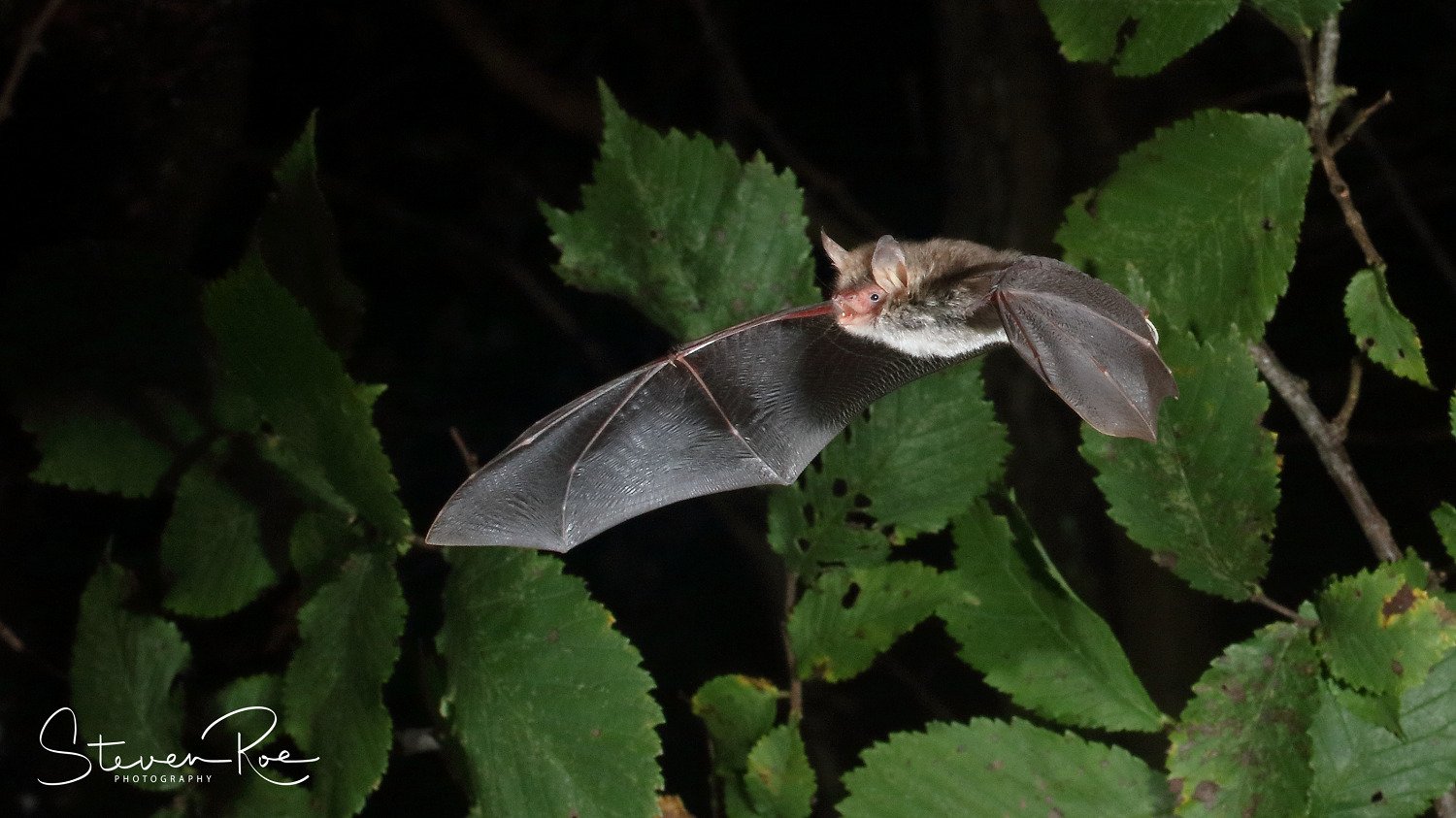Bats can roost in trees through the year and may be present as individuals, small groups, or large maternity colonies. Bats are protected species UK law with both bats themselves as well as their breeding and resting sites being full protected.
There is always the potential for people working with trees to come across a bat when undertaking their work. Following this course, you will be able to undertake work to trees whilst considering the potential impacts on bats and their habitats. The course will explain how to work within the law with respect to bats. It will teach you how to undertake ground assessment for potential roost features (PRF).
Course Highlights:
Bat Biology and Ecology
Bats and the law
British Standards – Trees and bats and trees
Potential tree roost recognition and ground surveys
Where to go for additional help
Case study exercise and presentation of findings
Trainers:
Piers Sangan BSc (Hons), MSc, MRSB, MCMA
Piers is the Company Founder, Director and Principal Ecologist at Sangan Island Conservation Ltd.
A wildlife ecologist and conservation land manager with more than 15 years’ experience working with small mammals and bats in the UK, and the Channel Islands. As well as management of protected conservation areas and farm biodiversity plans.
Piers’ research has focused on Bats, and habitats. Current research is focusing on grey long eared bats and species range changes in European praying mantids. His MSc dissertation researched the Roosting ecology and phenology of grey long eared bats in Jersey.
Piers has been involved as a guest lecturer for a University of Exeter MSc course as well as teaching ecological skills and advanced techniques courses to trainees in the Bailiwick of Guernsey. Piers has also delivered a number of presentations to conferences and educational webinars, relating to grey long eared bats and farming and biodiversity. Piers is a member of the (LEAF) Technical Advisory Committee and is a qualified tree climber.
Dr Amy Louise Hall BSc (Hons), MRes, LLM, CBiol, MRSB, MCIEEM, MArborA, FLS
Amy is the Director of Research and Training at Sangan Island Conservation which is based in the Bailiwick of Jersey.
Amy has more than 20 years’ experience working with small mammals and bats in the UK and other Channel Islands as well as several field work studies that have been undertaken in South America and the Caribbean.
Amy has been a trainer for more than 20 years, first starting as a trainer at university, then later teaching IT at evening classes at Highlands College for 12 years. Amy taught on a graduate certificate course validated by the University of Kent, and more recently Amy has been involved in teaching several modules for a University of Exeter MSc course as well as teaching ecological skills and advanced techniques courses to trainees in the Bailiwick of Guernsey
Amy’s research has always focused on Bats, small mammals, trees, and habitats, and this continues to be the main theme of current research. Her MRes dissertation researched the use of small farm woodlands by bats, her LLM looked specifically at the protection afforded to bats under the English and Jersey legal regimes, and whether these jurisdictions with convention compliant. Amy’s PhD researched small mammal movement patterns in habitat mosaics.
Accessibility:
We are committed to ensuring the accessibility of our training courses. If you require accommodations or have any accessibility concerns, please contact Fiona (training@themammalsociety.org) in advance, and we will be happy to assist you.
For booking terms and conditions click here.
*Please note - If not enough delegates book on to this course it may be postponed with two weeks notice, this is because we are a small charity and need to make sure our events are viable.

